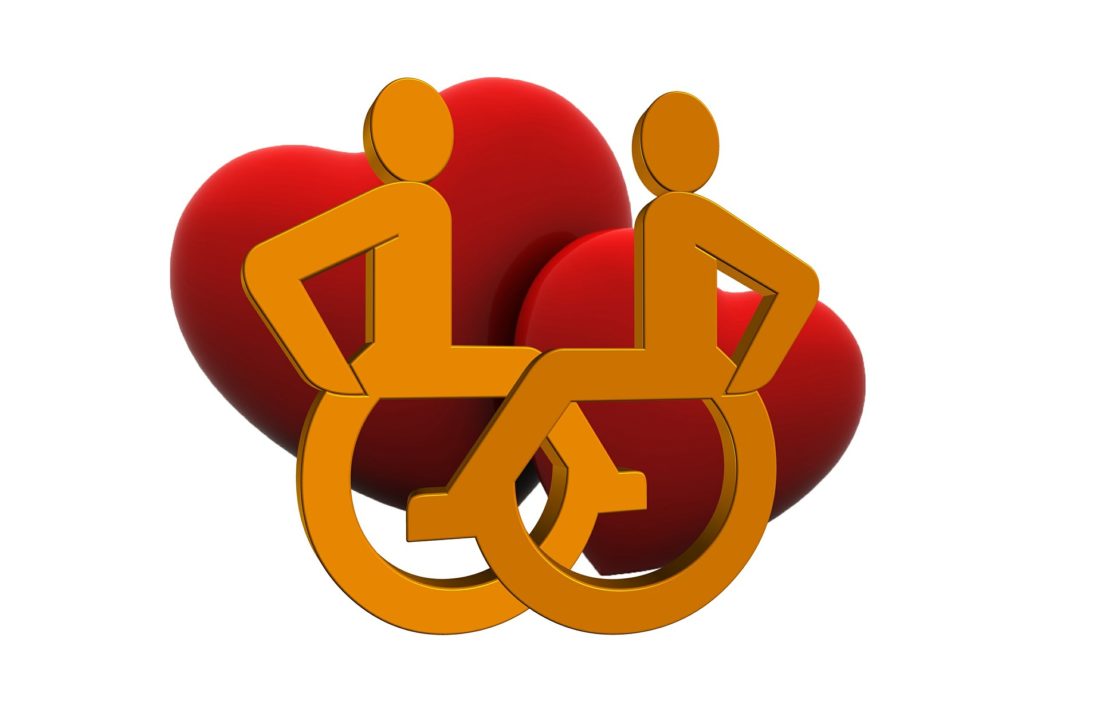How To Stay Sane While You’re Fighting A Long-Term Disability Claim

Fighting a long-term disability claim is daunting. Even when you’ve got a skilled lawyer, you’re still going to experience the stress and uncertainty of waiting for the outcome. Can you afford mobility aids? Will you receive compensation before your bills are too long overdue? How much will you get? How long will it last?
It’s stressful facing so many uncertainties and unanswered questions, so here’s what you can do to keep yourself together:
- Focus on your healing process
Putting time and attention on your healing process will help you heal faster. One way to do this is to create time in your daily routine for meditation. Research shows that meditation relieves anxiety and depression, and improves overall wellbeing. The positive effects of meditation produce a mindset that will help you heal faster.
There is a deep connection between the brain and the body. Although science can’t pinpoint the exact connection between negative thoughts and disease, most injured or ill people experience an increase in pain and discomfort when they’re depressed or angry. This is mostly due to the lack of serotonin. The brain is only flooded with serotonin when experiencing positive emotions.
The takeaway is, when you feel good psychologically, you’ll feel better and heal faster.
- Listen to your lawyer
When you’re frustrated and injured, it’s understandable that you might want to argue with your lawyer over what’s going on with your case. Maybe the insurance company has agreed to settle your disability claim out of court, but you don’t think their offer is enough. Or, perhaps you don’t feel like your lawyer is doing enough to get a higher settlement.
If you feel this way, understand that you’re viewing the situation through the lens of your emotions and it’s not going to give you an accurate picture of what’s going on. If you’ve hired a lawyer from a reputable law firm, they know what they’re doing.
Law firms routinely take insurance companies to court, and it’s important to trust their judgment. For example, over the last thirty years, disability lawyers from Darras Law have taken every major insurance company in the U.S. to court for disability cases. Not only that, they’ve gone to every home office to depose everyone from each company. They’ve recovered nearly $1 billion in wrongfully denied benefits. If your lawyer has this level of experience, it would be unwise to assume you know better than they do.
Allow your lawyer to determine when, where, and how much to push.
- Accept the final settlement your lawyer gets
While you never want to accept the first settlement offer provided by an insurance company, don’t argue with your lawyer over the settlement offer they’ve negotiated with the insurance company. Your lawyer will let you know if the offer you’re receiving is fair. Remember, they’re getting paid, probably on a contingency, so it’s in their best interest to get you as much money as possible.
When your attorney says they’ve reached the end of the settlement process, don’t argue. Accept the offer. If you jump ship and hire another attorney, you’re going to have to start all over, and by that time, the insurance company will be less willing to cooperate.
- Don’t perform activities inconsistent with your disability
Insurance companies deal with fraudulent claims often. Fraud accounts for 5 to 10 percent of claims costs for most insurers, and 32 percent of insurers say fraud went as high as 20 percent. If there’s reason to believe your claim isn’t legitimate, they’ll put you under investigation to find the truth.
Regardless of how well you’re healing, don’t perform activities that are inconsistent with your disability. For example, if your disability is a back injury expected to take six months to heal, don’t stand around outside watering your lawn or carry so much as a light bag of groceries into the house. Hire someone to do it for you. You might be in serious pain while you carry that grocery bag, but observers won’t know that. If someone snaps a photo of you, they’re not going to know you were swearing under your breath the whole time. That kind of evidence can get your case dismissed.
The last thing you need is a dismissed case because you didn’t know you were being watched.
Relax and know it’s going to work out
Relax. Breathe. There’s nothing you can do to determine the outcome of your case beyond providing the necessary information to your lawyer. Let your lawyer work for you. Answer their questions, follow their instructions, and be grateful you’ve got someone fighting for you.









